Introduction to Weightlifting Shoes
Weightlifting shoes are not just a trend among fitness enthusiasts—they are crucial for anyone serious about lifting. With their elevated heel, solid construction, and specific grip patterns, these shoes provide the support and stability needed to maximize your performance and reduce the risk of injury. In this guide, we’ll explore the best places to buy weightlifting shoes, covering popular brands, their features, and insider tips to help you make an informed decision.
Why You Need Weightlifting Shoes
Using the right footwear can significantly impact your lifting technique and overall muscle engagement. Traditional sneakers may provide comfort but lack the structure needed for serious weightlifting. For example, the elevated heel helps to keep your feet flat and aids in maintaining proper form during squats and Olympic lifts. Moreover, weightlifting shoes offer a rigid sole that enhances power transfer, providing a more stable base for heavy lifts.
Top Brands for Weightlifting Shoes
1. Nike
Nike is renowned for its high-quality athletic shoes, and their weightlifting line is no exception. The Nike Romaleos are a favorite among serious lifters. Known for their stability and support, these shoes are often seen in competitions.
2. Adidas
Adidas offers a range of weightlifting shoes, including the popular Adipower model. With its sturdy sole and comfortable fit, it’s ideal for both beginners and seasoned lifters alike.
3. Reebok
Reebok’s Legacy Lifter shoes are designed with a dual strap design for added support and stability. Their popularity among CrossFit athletes speaks volumes about their performance.
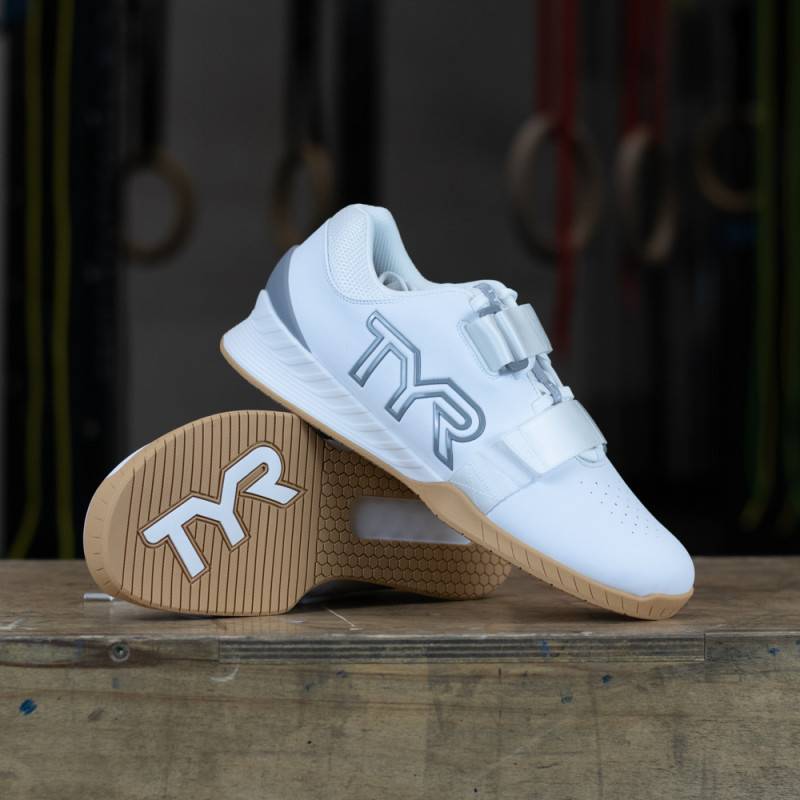
Where to Buy Weightlifting Shoes
1. Online Retailers
Online shopping has revolutionized the way we purchase footwear, providing access to a range of brands and styles at the click of a button. Websites like Amazon and Zappos have extensive selections of weightlifting shoes, often featuring customer reviews that can help you choose the right pair. Plus, free shipping and return policies make it easier to try on shoes in the comfort of your own home.
Pros of Buying Online
- Wide selection of brands.
- Convenience of shopping in your PJs.
- Access to customer reviews and ratings.
Cons of Buying Online
- No ability to try on shoes before purchasing.
- Shipping delays or issues.
2. Local Sporting Goods Stores
For those who prefer an in-person shopping experience, local sporting goods stores can be a great option. Stores like Dick’s Sporting Goods and Academy Sports + Outdoors often carry a range of weightlifting shoes. You can try on different models to find the perfect size and fit for your foot shape.
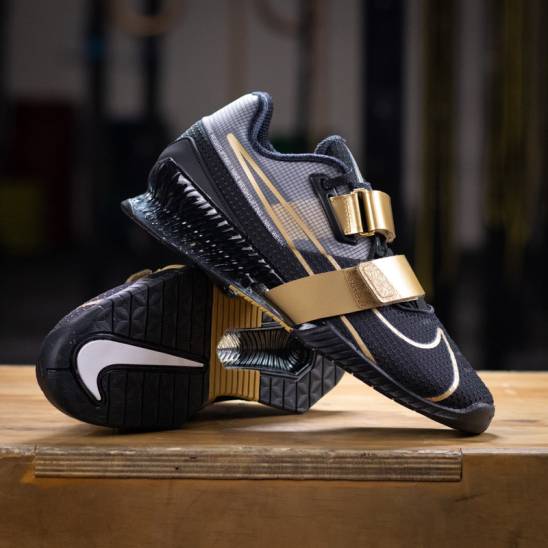
Pros of Local Stores
- Ability to try on shoes before buying.
- Immediate purchase without waiting for shipping.
Cons of Local Stores
- Limited selection compared to online.
- Prices may be higher than online competitors.
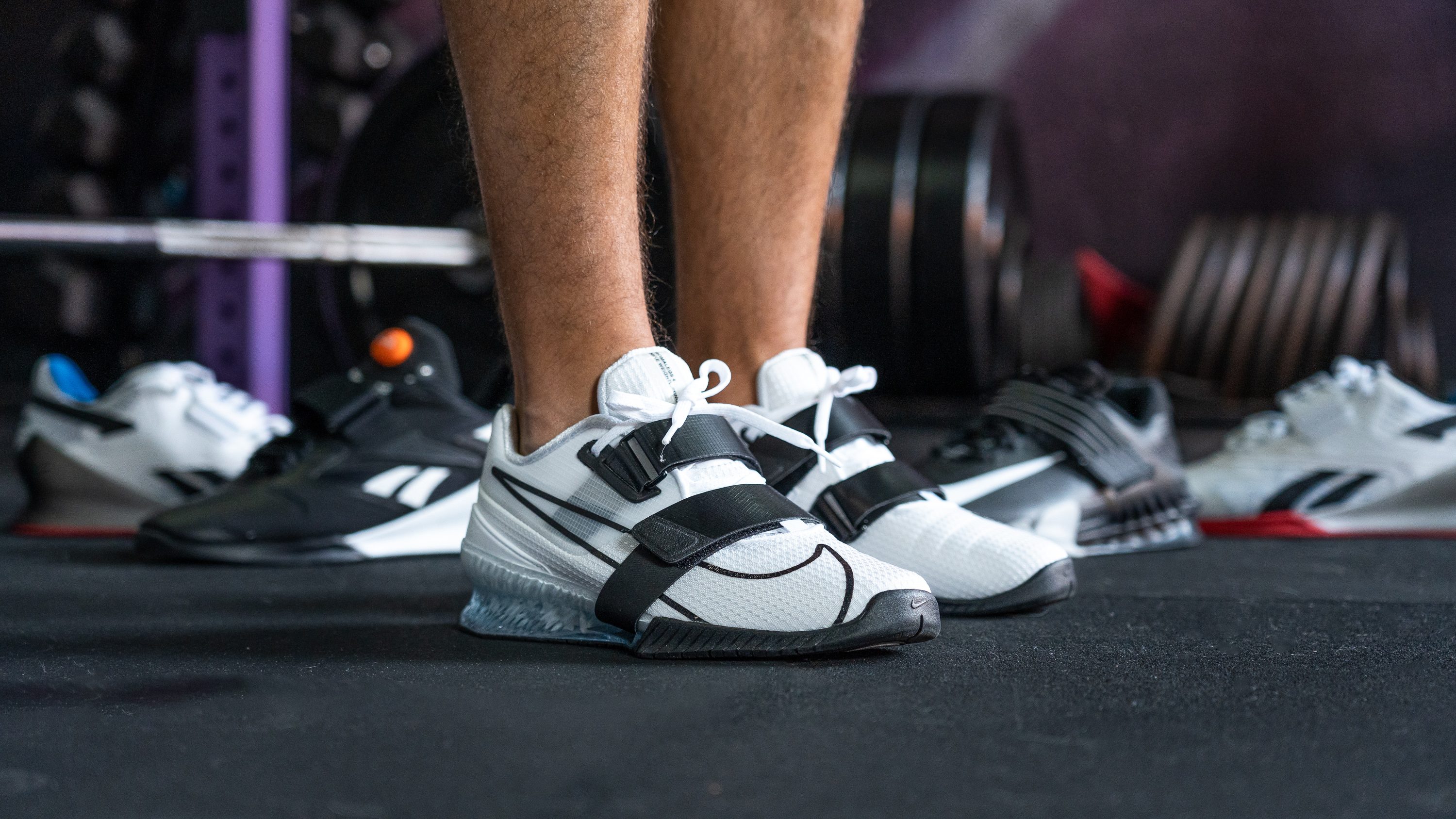
3. Specialty Weightlifting Retailers
Specialty retailers like Rogue Fitness and Titan Fitness focus specifically on weightlifting products. Shopping at these locations ensures you’re getting shoes that are tailored to the sport. They often have knowledgeable staff who can help match you with the right shoe.
Pros of Specialty Retailers
- Expert advice on weightlifting gear.
- High-quality, specialized products.

Cons of Specialty Retailers
- May have limited locations.
- Potentially higher prices due to specialization.
Real-World Weightlifting Shoe Experiences
Case Study 1: Sarah’s Progress with Nike Romaleos
Sarah, a competitive weightlifter, switched to the Nike Romaleos and saw substantial improvement in her squat depth and overall stability. Previously, she struggled with balance during her lifts, but the structured heel and rigid sole helped her maintain proper form, resulting in a personal record at her last competition.
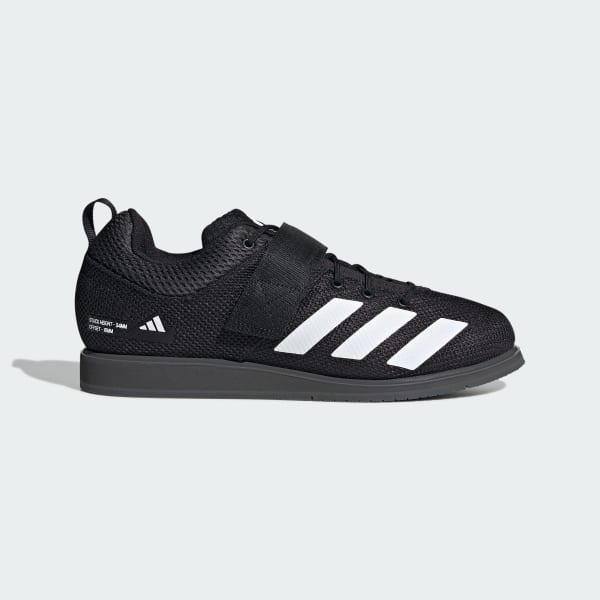
Case Study 2: John’s Transition to Adidas Adipower
John, a CrossFit enthusiast, transitioned to Adidas Adipower shoes. Initially hesitant due to the price point, he quickly realized the investment was worth it. The shoes provided better support during Olympic lifts, and he noted a significant decrease in foot fatigue after workouts.
Comparison Table of Top Weightlifting Shoes
| Brand & Model | Price Range | Heel Height | Weight | Pros | Cons |
|---|---|---|---|---|---|
| Nike Romaleos 4 | $199 – $225 | 20mm | 0.8 lbs | Great stability, high durability | Higher price point |
| Adidas Adipower | $150 – $190 | 15mm | 0.7 lbs | Comfortable fit, good arch support | Limited color options |
| Reebok Legacy Lifter | $170 – $210 | 22mm | 1.0 lbs | Excellent grip, dual strap design | Heavy for some users |

Tips for Choosing the Right Weightlifting Shoes
1. Understand Your Needs
Identify the type of weightlifting you’ll be doing. Powerlifters and Olympic lifters often require different features in their shoes. For example, Olympic lifters may benefit from a higher heel to facilitate deeper squats, whereas powerlifters may prefer a flatter shoe for stability.
2. Try Before You Buy
If possible, always try on weightlifting shoes. Each brand and model can fit differently, and it’s essential to ensure that the shoe feels right on your foot. Walk around in them and simulate some lifting motions to gauge comfort and support.

3. Pay Attention to the Sole
The sole should be stiff and firm to prevent excessive flexing. This rigidity allows for better energy transfer during lifts. Additionally, a non-slip rubber sole can help maintain grip on different surfaces.
Frequently Asked Questions (FAQs)
1. What is the average price of weightlifting shoes?
Most weightlifting shoes range from $150 to $250, depending on the brand and features. Investing in a good pair can improve your lifting performance significantly.
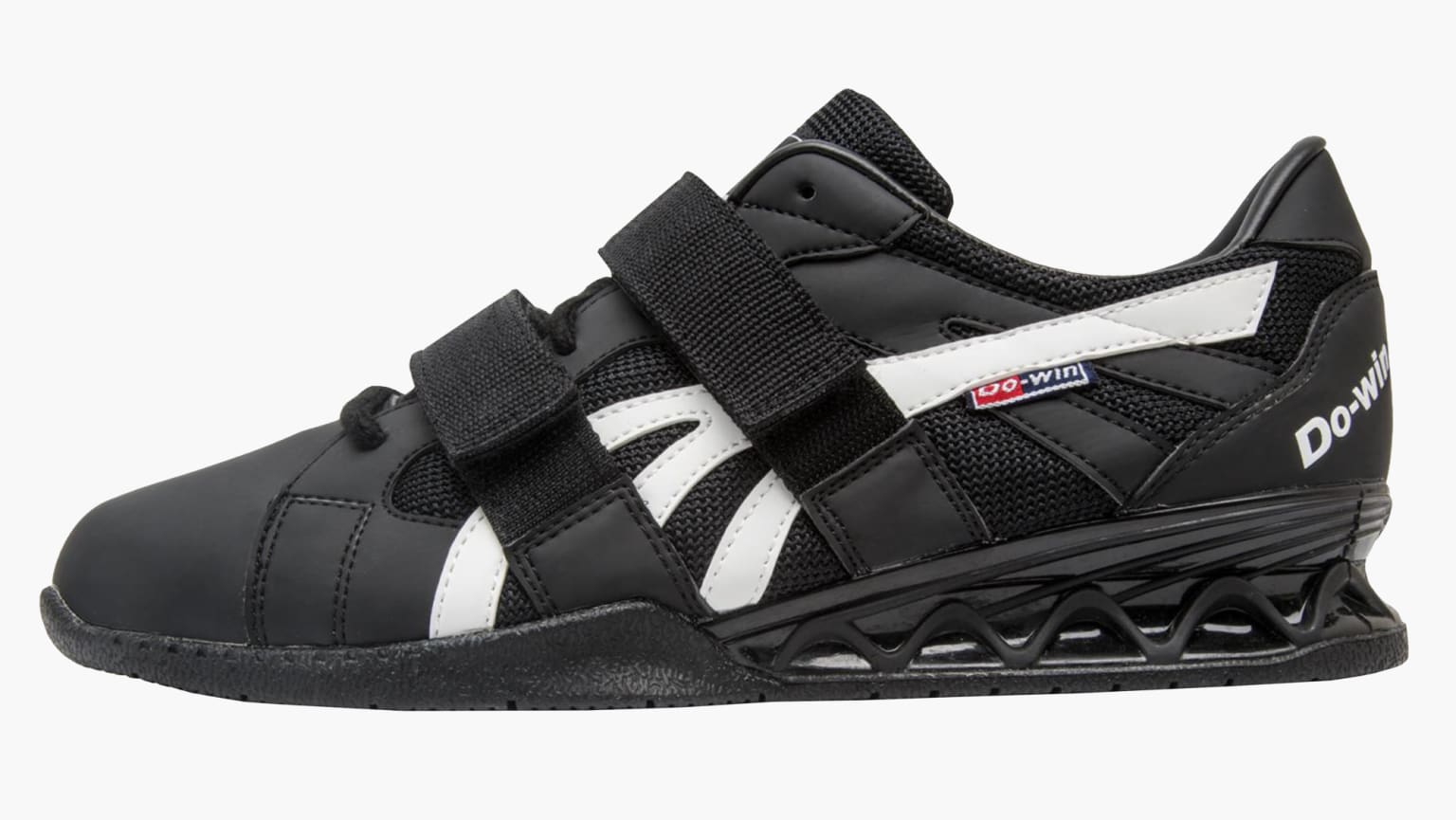
2. Can I use weightlifting shoes for other workouts?
While weightlifting shoes are designed primarily for lifting, they can also be used for other strength training exercises. However, they may not be ideal for running or cardio workouts due to their stiff soles.
3. How do I clean my weightlifting shoes?
To clean your shoes, use a damp cloth to wipe away dirt and sweat. Avoid using harsh chemicals, as they can damage the materials. Allow them to air dry completely to prevent odor buildup.
4. Are weightlifting shoes worth the investment?
Yes, weightlifting shoes are worth the investment if you are serious about lifting. They provide stability, support, and improved performance, which can outweigh the initial costs over time.
5. How do I know what size to order?
It’s recommended to measure your foot size using a ruler or a foot measuring device. Each brand has its size chart, so refer to that before making a purchase. If possible, try on a similar model at a store for a better fit.
6. Can beginners wear weightlifting shoes?
Absolutely! Beginners can benefit from the added stability and support that weightlifting shoes provide while learning proper lifting techniques.
7. What is the best way to break in weightlifting shoes?
Start by wearing them around the house for short periods to allow the materials to adapt to your foot shape. Gradually increase usage during workouts until they feel comfortable.
8. How often should I replace my weightlifting shoes?
It’s generally recommended to replace your weightlifting shoes every 6-12 months, depending on frequency of use and wear. If you notice a decrease in stability or support, it may be time for a new pair.
9. Can weightlifting shoes help prevent injuries?
Yes, the proper footwear can significantly reduce the risk of injuries by promoting better form and providing necessary support during lifts. However, it’s also essential to focus on technique and overall training practices.
Conclusion
In conclusion, finding the right place to buy weightlifting shoes can enhance your lifting experience and overall performance. Whether you choose to shop online, visit local stores, or consult specialty retailers, consider your personal lifting needs, try on various options, and be prepared to invest in a high-quality pair. With the right shoes, you can boost your strength training while keeping your feet safe and supported.